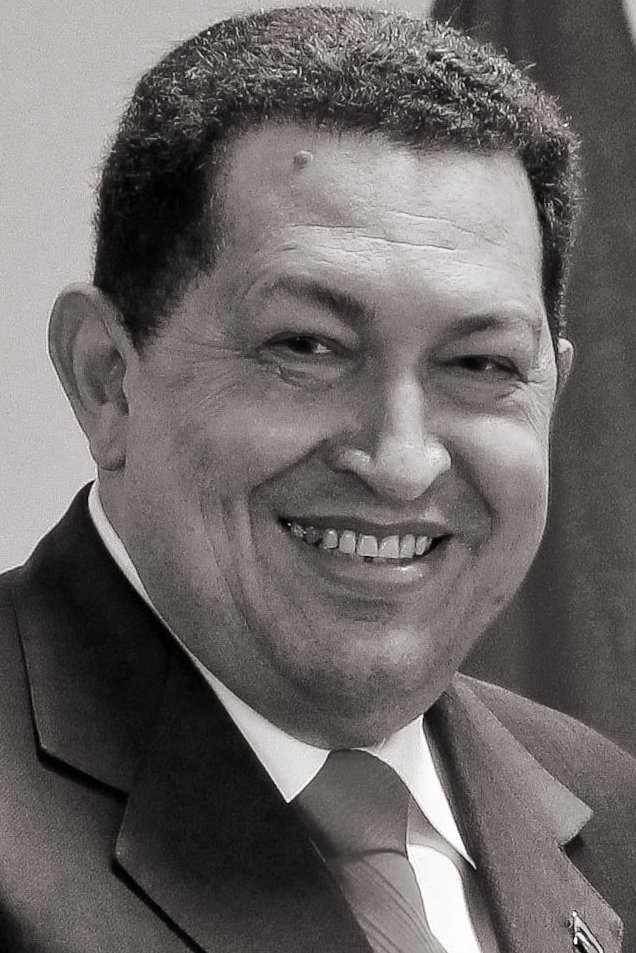
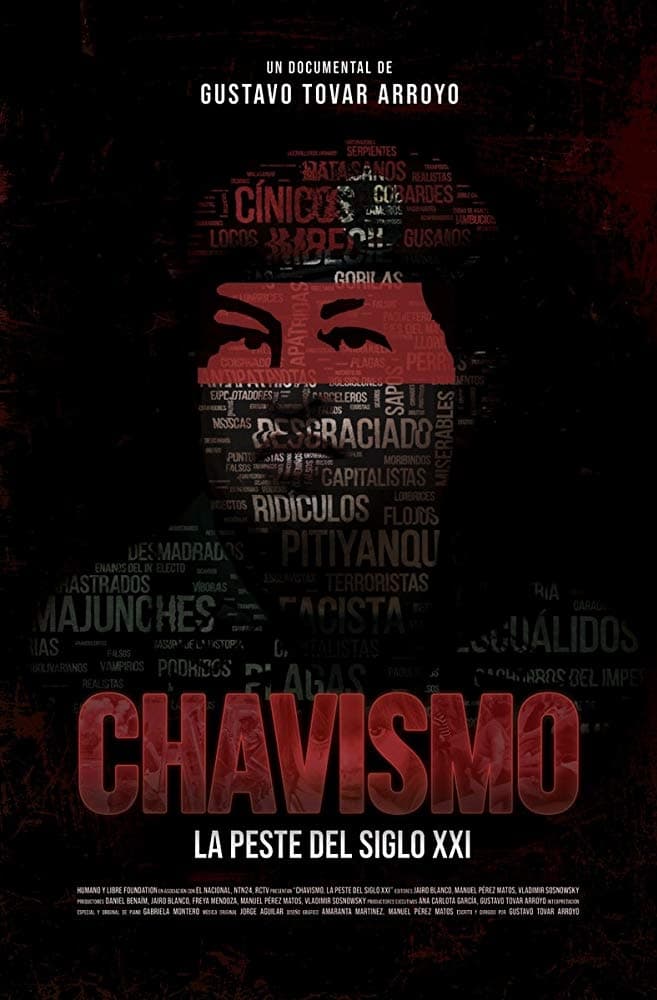
An analysis of the causes, social, political, and economic that caused the rise of Hugo Chávez as president of Venezuela; his abuse of power and the response of civil society, including the student movement; his political fall as well as the secrecy that surrounded his illness and the succession of Nicolás Maduro.
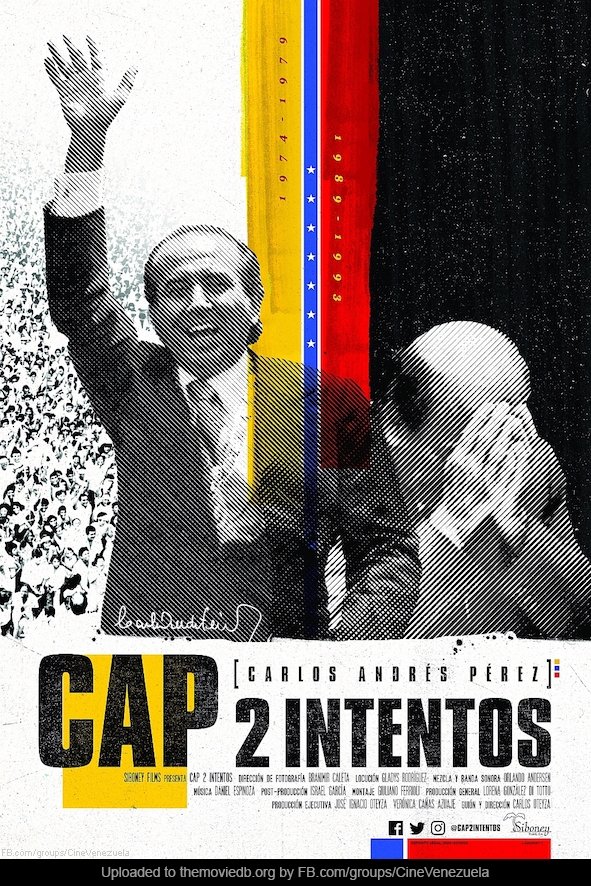
A full on examination of the two presidential terms of Carlos Andres Perez in which he led the venezuelan fates: 1974-1979 and 1989-1993, known respectively as "La Gran Venezuela" and "El Gran Viraje". Two models of government that, separated by ten years, were very different but produced a change in the history of the country.
Oliver Stone presents a tribute to a friend one year after his death, the friend in question was the Venezuelan leader, Hugo Chávez. The documentary covers the time Stone and Chávez spent while making "South of the Border", when they developed a close relationship; and the testimonies from South America leaders and people close to Chávez to talk about their views on the man and the politician and share some personal stories they had with him.
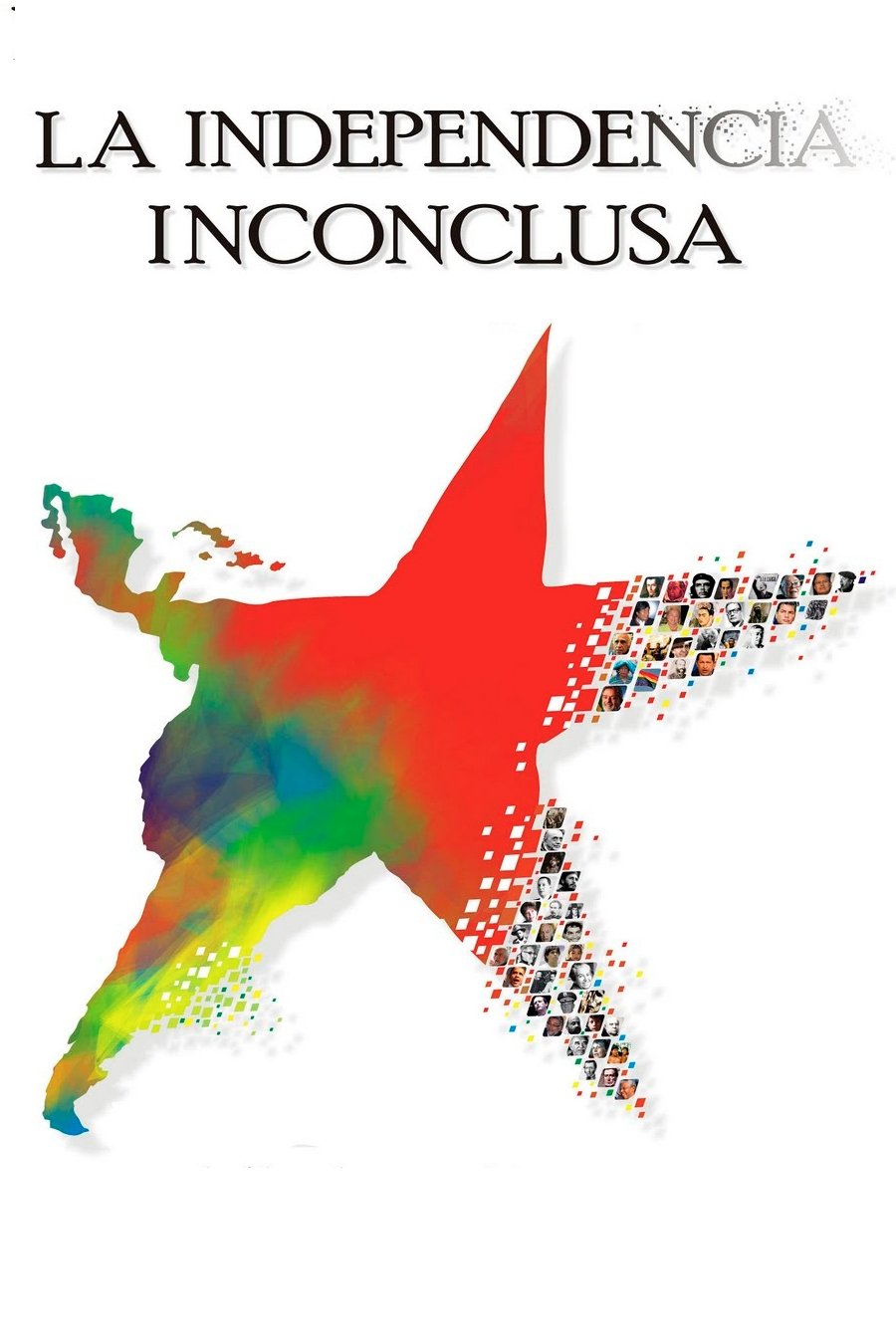
Documentary about the independence and history of Latin America.

A road trip across five countries to explore the social and political movements as well as the mainstream media's misperception of South America while interviewing seven of its elected presidents.
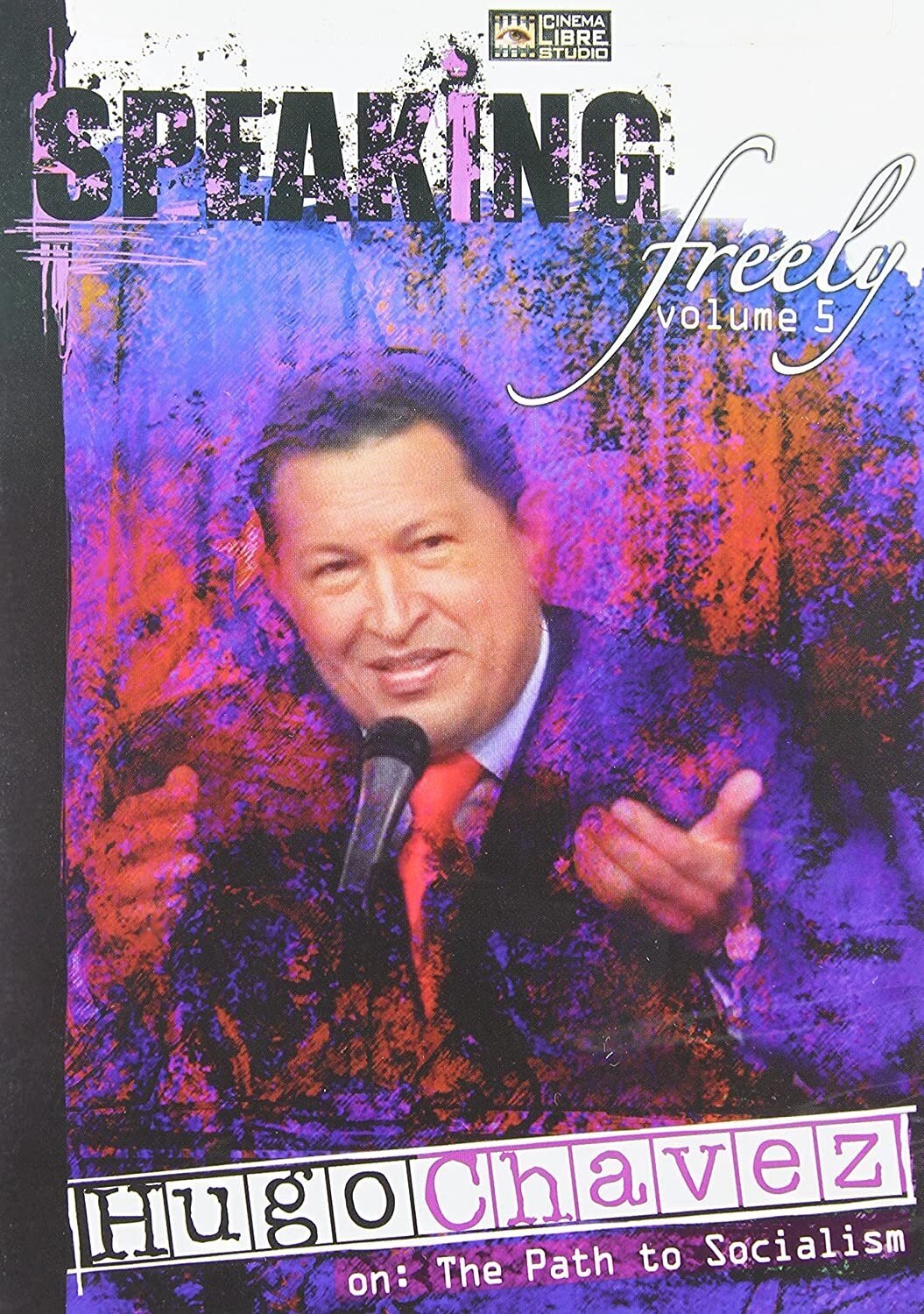
In this special volume of the series, Venezuelan President Hugo Chavez speaks to members of the international press corps about the advantages of socialism over capitalism and explains why true democracy cannot exist under the latter. Noting that the American empire's practice of privatization, foreign intervention, and violence is not conducive to a humanistic society, Chavez instead offers that the healthiest government is one in which all of its citizens play a role in its construction and development-that the ultimate voice is the voice of the people and that Venezuela will always be committed to maintaining that ideal. Taped on location in Caracas, this briefing is one that will never be shown on American network news and one that should be viewed by anyone who is intrigued by this controversial world leader.
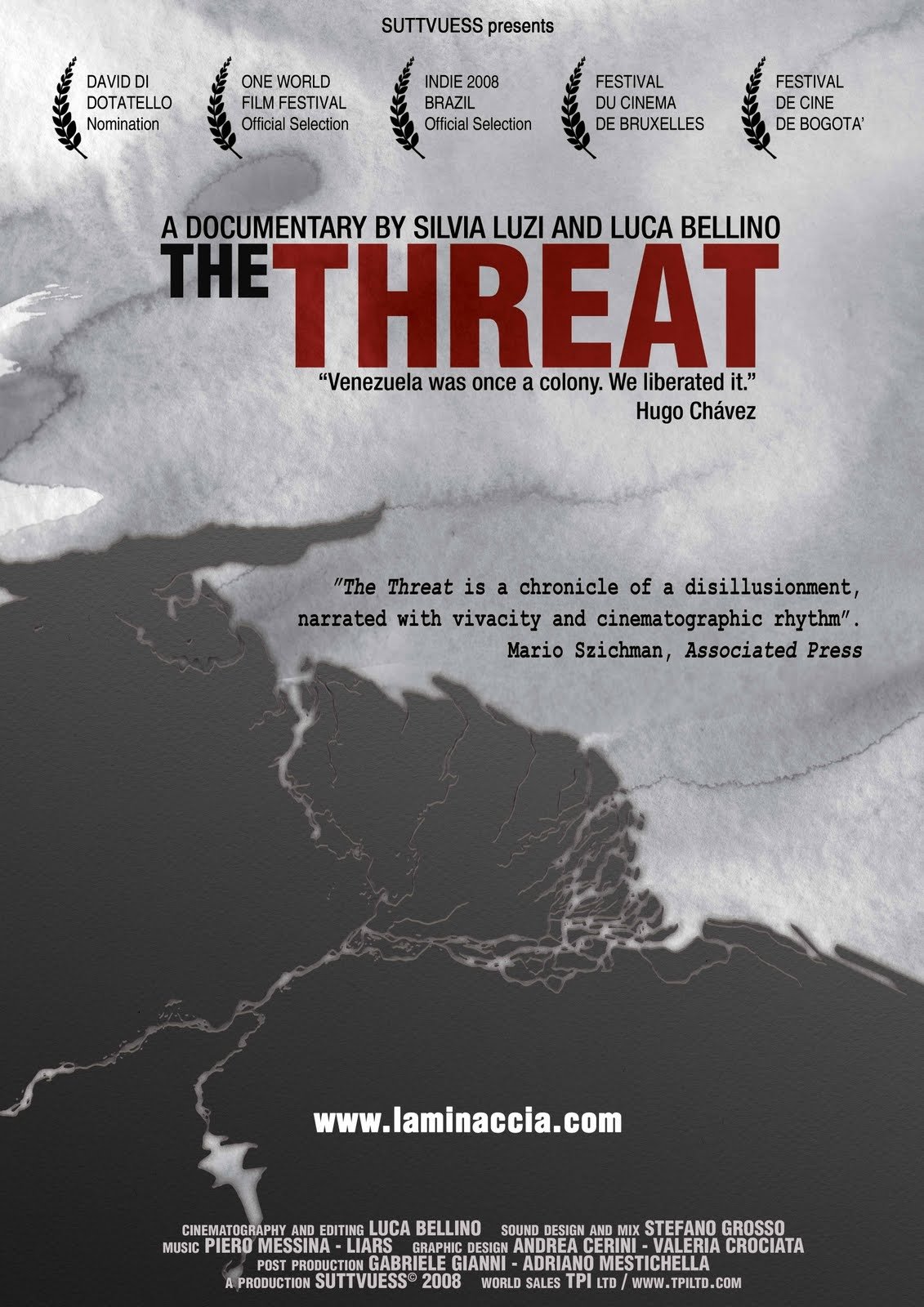
A trip with President Chavez over the largest oil reserve in the world, situated beneath the Orinoco river, becomes the occasion in which to enter into the lives of Venezuelans, nine years after the beginning of the Bolivarian revolution.Venezuela en route to socialism: is this still possible in our post-ideological times?
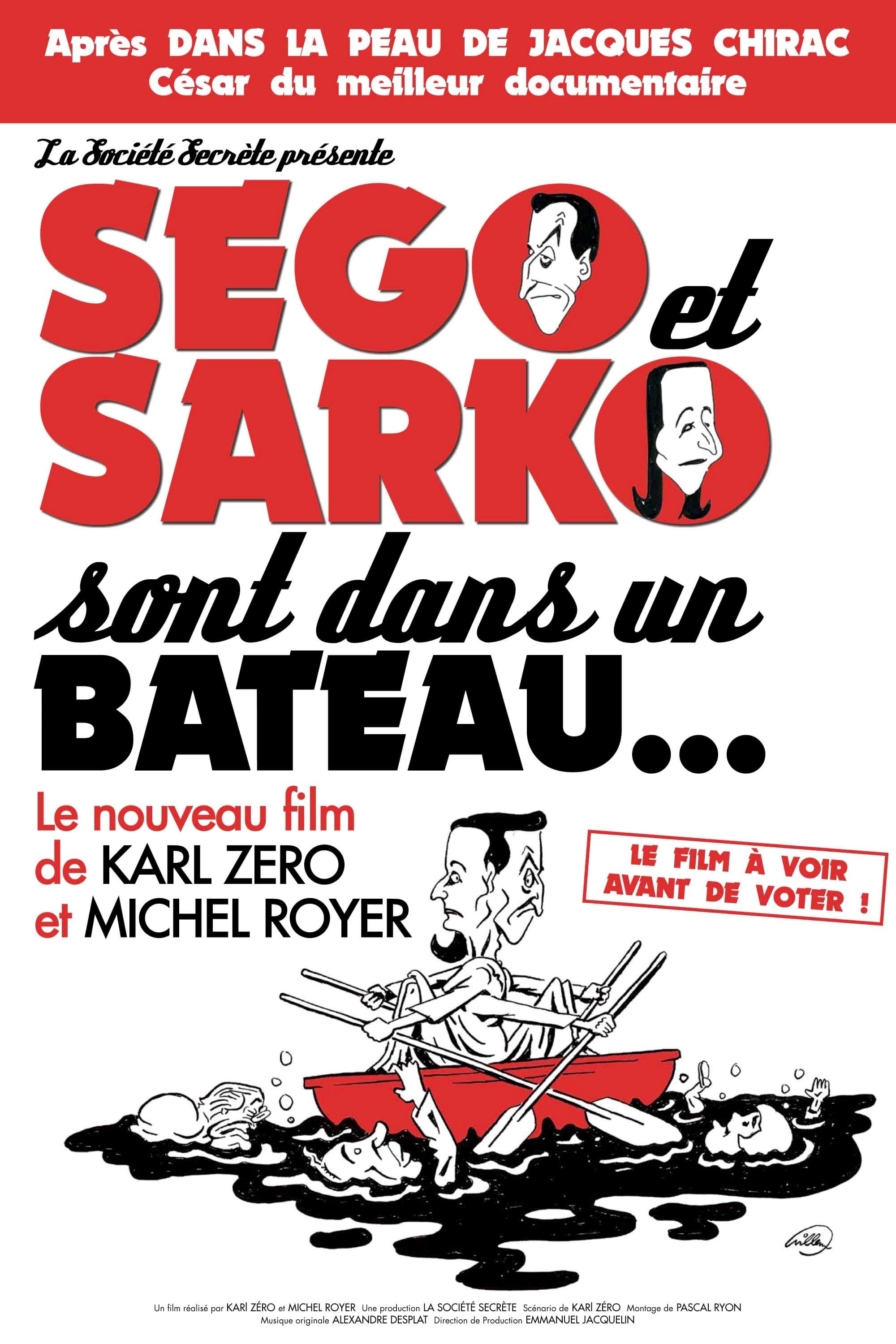
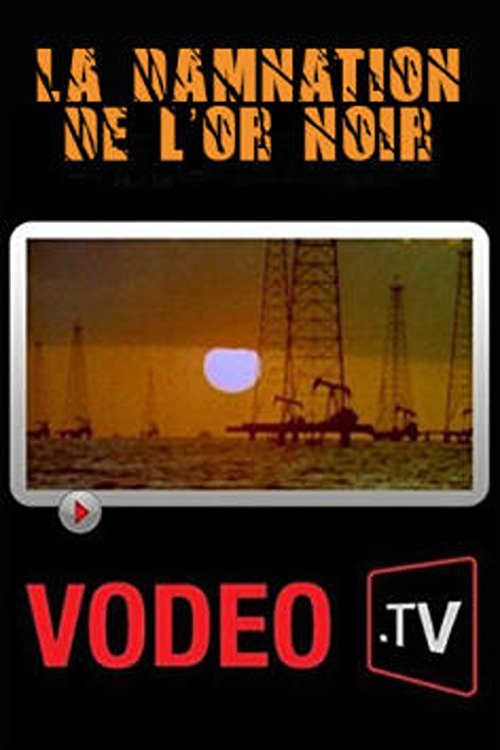
Hugo Rafael Chávez Frías (born July 28, 1954) was the 56th President of Venezuela, having held that position since 1999 until the time of his dead in 2013. Following his own political ideology of Bolivarianism and "Socialism for the 21st Century", he had focused on implementing socialist reforms in the country as a part of a social project known as the Bolivarian Revolution, which has seen the implementation of a new constitution, participatory democracy and the nationalisation of several key industries. Born into a working class family in Sabaneta, Barinas, Chávez became a career military officer, and after becoming dissatisfied with the Venezuelan puntofijismo political system which he viewed as corrupt and undemocratic, he founded the secretive Revolutionary Bolivarian Movement-200 (MBR-200) in the early 1980s to work towards overthrowing it. After the Democratic Action government of President Carlos Andrés Pérez ordered the violent repression of protests against spending cuts, Chávez led the MBR-200 in an unsuccessful coup d'état against the government in 1992, for which he was imprisoned. Getting out of prison after two years, he founded a political party, the Fifth Republic Movement, and was elected president of Venezuela in 1998. He subsequently introduced a new constitution which increased rights for marginalised groups and altered the structure of Venezuelan government, and was re-elected in 2000. During his second presidential term, he introduced a system of Bolivarian Missions, Communal Councils and worker-managed cooperatives, whilst also nationalising various key industries. The opposition movement meanwhile, fearing that he was eroding representative democracy and becoming increasingly authoritative, attempted to remove him from power both through an unsuccessful military coup in 2002 and a recall referendum in 2003. He was again elected into power in 2006, following which he founded a new political party, the United Socialist Party of Venezuela (PSUV), in 2007. A vocal critic of capitalism and in particular neoliberalism, Chávez has been a prominent opponent of the United States' foreign policy, which he describes as imperialistic. Allying himself strongly with the socialist governments of Fidel and Raúl Castro in Cuba, Evo Morales in Bolivia, and Rafael Correa of Ecuador, his presidency is seen as a part of the leftist "pink tide" sweeping Latin America. He has supported Latin American and Caribbean cooperation and was instrumental in setting up the pan-regional Union of South American Nations, the Bolivarian Alliance for the Americas, the Bank of the South, and the regional television network TeleSur. His political influence in Latin America led Time magazine to include him among their list of the world's 100 most influential people in both 2005 and 2006.
By browsing this website, you accept our cookies policy.